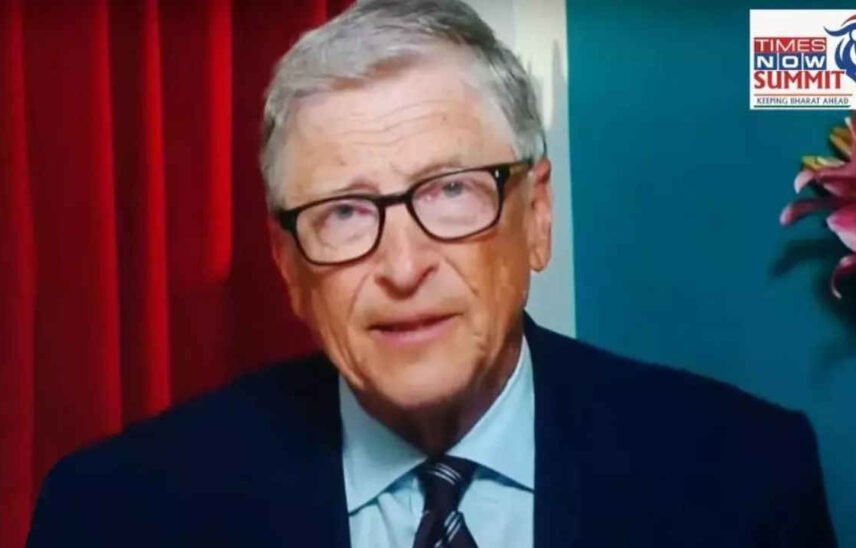
- Home
- Managed Services
- Cyber Security
- Blog
- About Us

We 365 Admin Support, just simplify your IT problems
Call for a free support. +91 96666 59505Platform Partnership
- Who We Help
- Shop
- Contact
- News






HIGHLIGHTS
Table of Contents
ToggleDuring the Times Now Summit 2025, Bill Gates, the co-founder of Microsoft and a renowned philanthropist, commended India’s astonishing strides in the realms of digital and artificial intelligence infrastructure. He underscored that India’s digital platforms, specifically the Unified Payments Interface (UPI), have established benchmarks for public infrastructure at a global level. Gates emphasized that these advancements serve as a model for other nations, illustrating the transformative potential of digital innovation in enhancing public services delivered to citizens.
Furthermore, Gates identified India as a technological juggernaut, dubbing it the world’s largest hub for startups and a vital contributor to the global AI scene. He celebrated the nation’s capability to craft innovative frameworks, driven by local leadership and a fierce ambition, which have positively influenced the lives of millions while simultaneously fostering significant economic growth.
“India presents an inspiring template that demonstrates how a combination of innovation, ambition, and localized leadership can dramatically enhance millions of lives while promoting economic development. In the years to come, this ethos of leadership and innovation will be pivotal in addressing some of the world’s most urgent challenges,” Gates articulated during his address.
He referenced the partnership that his foundation has maintained with India for over two decades, emphasizing that this collaboration is expected to strengthen even further in the coming years.
Additionally, Gates applauded India’s advancements in AI-driven, climate-smart agricultural methodologies, which provide millions of farmers with critical real-time data aimed at enhancing both productivity and sustainability. In his address, he elaborated on India’s crucial role in the realm of public health, remarking that over 60% of the world’s vaccines are produced in India, including those for the COVID-19 pandemic and various other diseases.
In a broader context, Gates recognized India’s substantial global impact, stating, “India has driven progress not just for its own populace, but for the entirety of the globe.”
Gates’ acknowledgment of India’s digital landscape highlights the nation’s remarkable evolution in recent years. Initiatives like UPI have not only revolutionized how transactions occur within the country but have also inspired similar ventures in other parts of the world. The success of UPI demonstrates the potential of digital technology to streamline payment processes, increase financial inclusion, and reinforce economic activity, thus setting a formidable example for international frameworks.
Moreover, his recognition of India’s burgeoning startup ecosystem amplifies the narrative that the country is not merely a participant but a leader in innovation. With thousands of startups emerging across various sectors, including technology, healthcare, and agritech, India is establishing itself as a nucleus of creativity and entrepreneurship, driving solutions that address both local and global challenges.
In terms of healthcare, Gates’ remarks on vaccine production underline India’s significance in the global healthcare supply chain. The nation’s robust pharmaceutical industry, which produces a substantial portion of vaccines administered worldwide, speaks volumes about its capabilities and commitments. The intersection of technology and health, particularly in the context of AI, is imperative as countries grapple with future public health emergencies, further illustrating the importance of sustained investment in digital infrastructure and health innovations.
As India continues to chart its path as a leader in innovation, the support from global figures like Bill Gates is crucial in underscoring the importance of these advancements. Ultimately, the combined efforts in digital infrastructure, AI, and healthcare can facilitate solutions that cater to the most pressing challenges of our time. Looking forward, Gates’ insights compel acknowledgment of the transformative power inherent in India’s approach to public services and innovation.